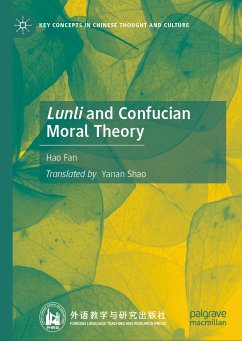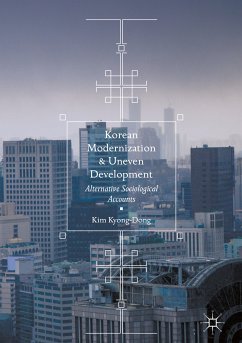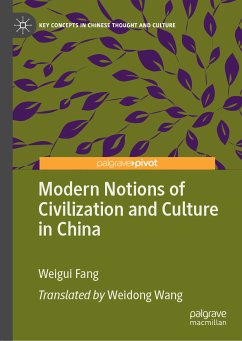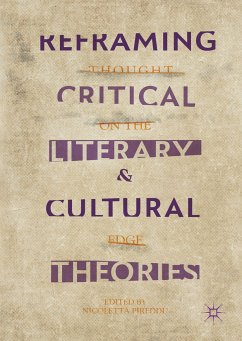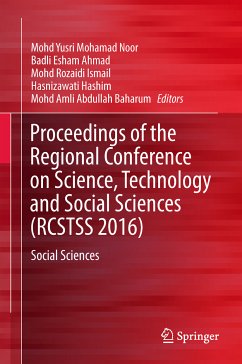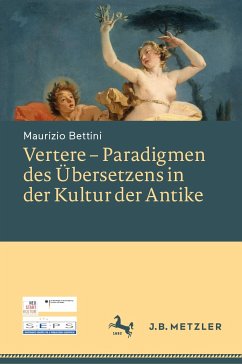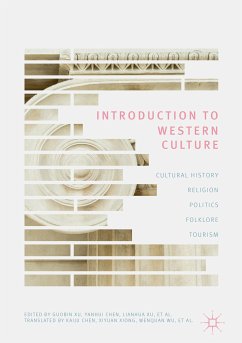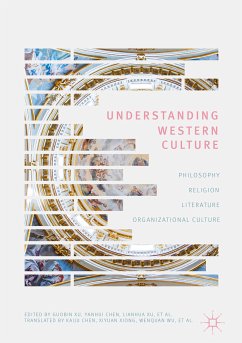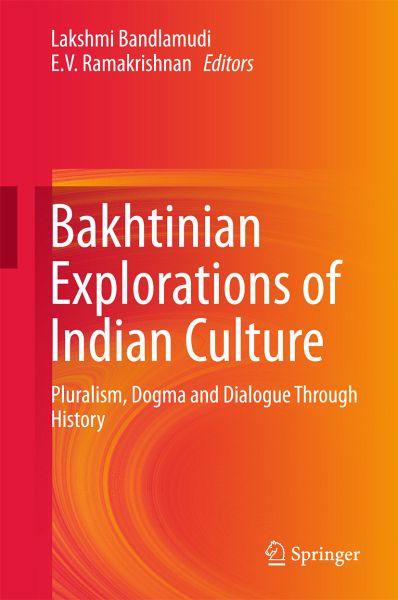
Bakhtinian Explorations of Indian Culture (eBook, PDF)
Pluralism, Dogma and Dialogue Through History
Redaktion: Bandlamudi, Lakshmi; Ramakrishnan, E. V.
Versandkostenfrei!
Sofort per Download lieferbar
72,95 €
inkl. MwSt.
Weitere Ausgaben:

PAYBACK Punkte
36 °P sammeln!
This volume, an important contribution to dialogic and Bakhtin studies, shows the natural fit between Bakhtin's ideas and the pluralistic culture of India to a global academic audience. It is premised on the fact that long before principles of dialogism took shape in the Western world, these ideas, though not labelled as such, were an integral part of intellectual histories in India. Bakhtin's ideas and intellectual traditions of India stand under the same banner of plurality, open-endedness and diversity of languages and social speech types and, therefore, the affinity between the thinker and...
This volume, an important contribution to dialogic and Bakhtin studies, shows the natural fit between Bakhtin's ideas and the pluralistic culture of India to a global academic audience. It is premised on the fact that long before principles of dialogism took shape in the Western world, these ideas, though not labelled as such, were an integral part of intellectual histories in India. Bakhtin's ideas and intellectual traditions of India stand under the same banner of plurality, open-endedness and diversity of languages and social speech types and, therefore, the affinity between the thinker and the culture seems natural. Rather than being a mechanical import of Bakhtin's ideas, it is an occasion to reclaim, reactivate and reenergize inherent dialogicality in the Indian cultural, historical and philosophical histories.
Bakhtin is not an incidental figure, for he offers precise analytical tools to make sense of the incredibly complex differences at every level in the cultural life of India. Indian heterodoxy lends well to a Bakhtinian reading and analysis and the papers herein attest to this. The papers range from how ideas from Indo-European philology reached Bakhtin through a circuitous route, to responses to Bakhtin's thought on the carnival from the philosophical perspectives of Abhinavagupta, to a Bakhtinian reading of literary texts from India. The volume also includes an essay on 'translation as dialogue' - an issue central to multilingual cultures - and on inherent dialogicality in the long intellectual traditions in India.
Bakhtin is not an incidental figure, for he offers precise analytical tools to make sense of the incredibly complex differences at every level in the cultural life of India. Indian heterodoxy lends well to a Bakhtinian reading and analysis and the papers herein attest to this. The papers range from how ideas from Indo-European philology reached Bakhtin through a circuitous route, to responses to Bakhtin's thought on the carnival from the philosophical perspectives of Abhinavagupta, to a Bakhtinian reading of literary texts from India. The volume also includes an essay on 'translation as dialogue' - an issue central to multilingual cultures - and on inherent dialogicality in the long intellectual traditions in India.
Dieser Download kann aus rechtlichen Gründen nur mit Rechnungsadresse in A, B, BG, CY, CZ, D, DK, EW, E, FIN, F, GR, HR, H, IRL, I, LT, L, LR, M, NL, PL, P, R, S, SLO, SK ausgeliefert werden.



